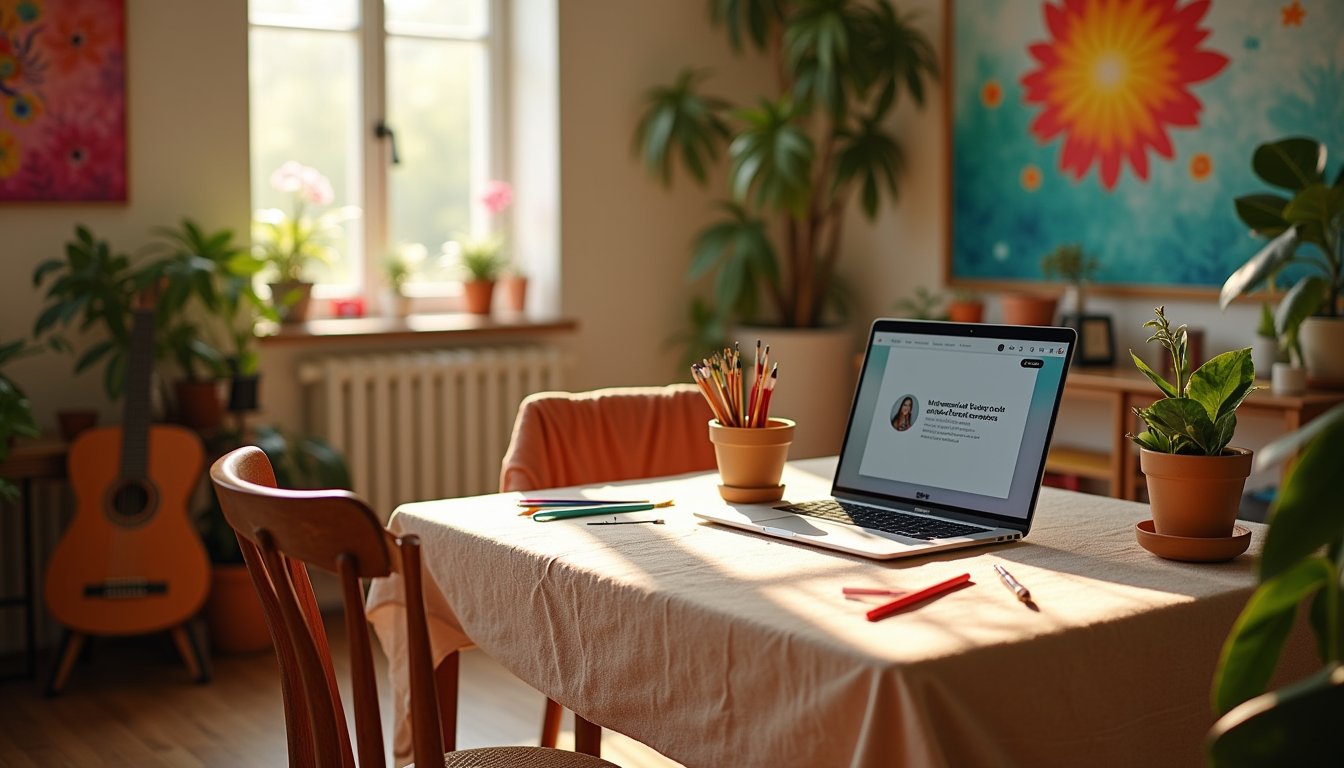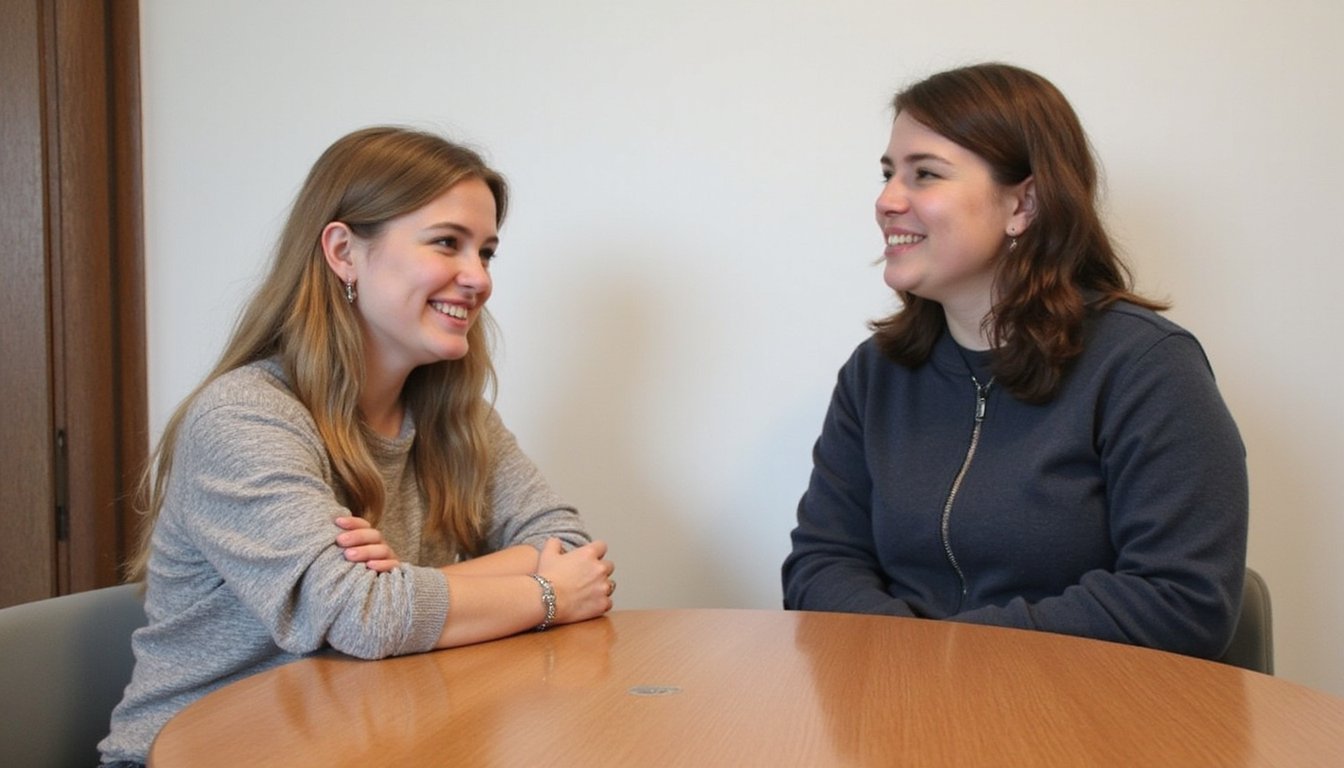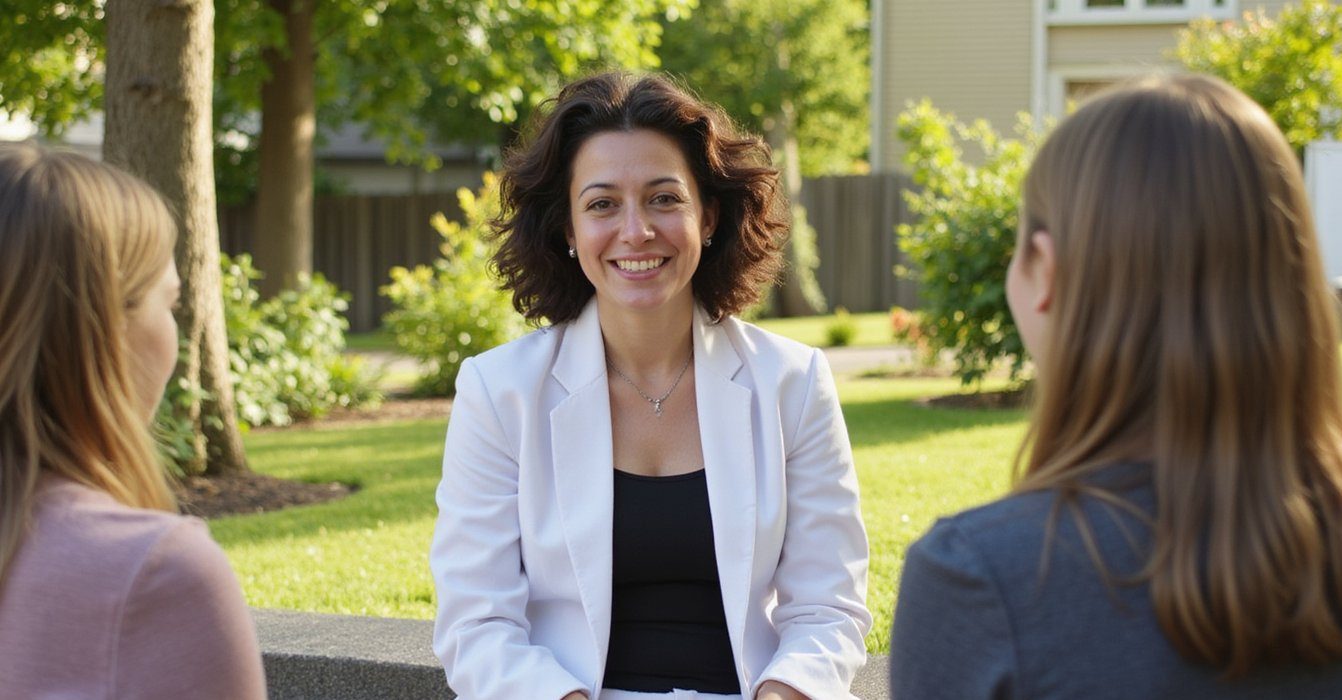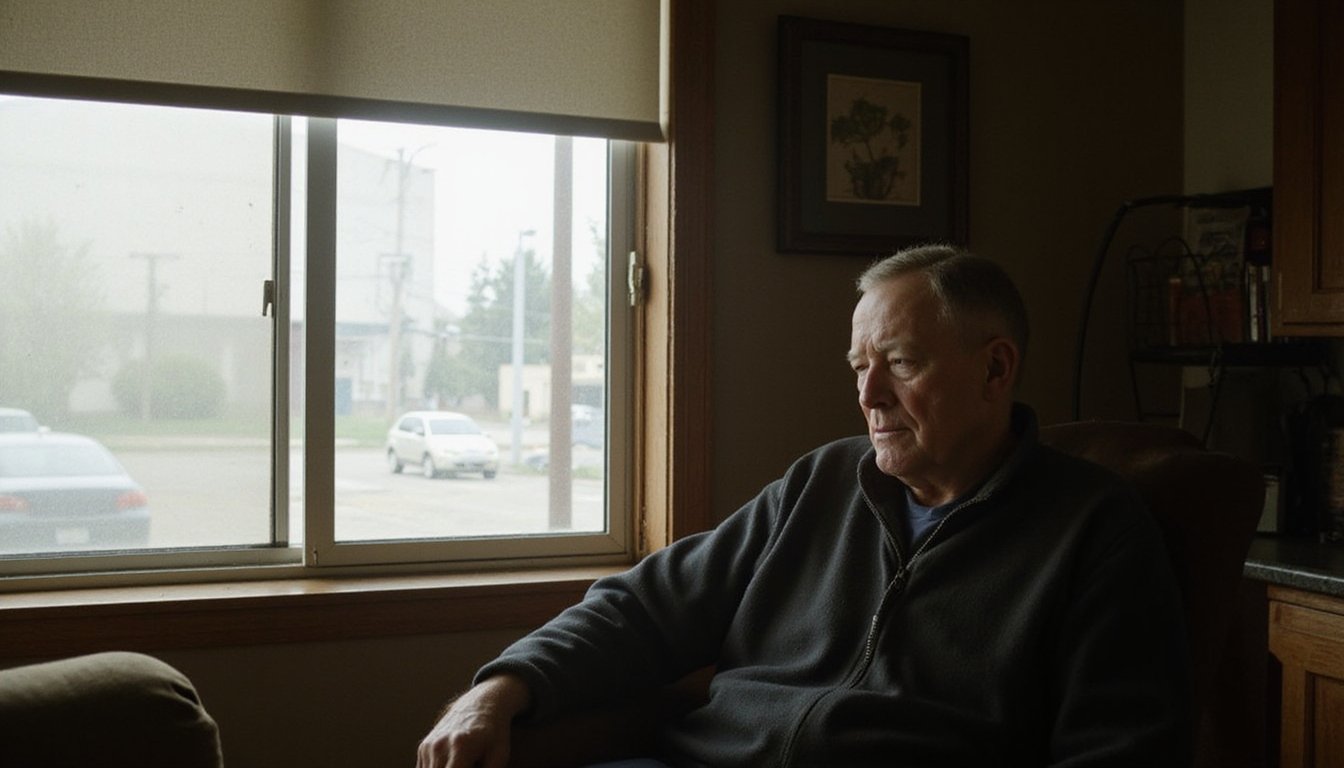When you join a social recovery group, you’ll gain access to powerful healing benefits backed by evidence-based practices. You’ll connect with others who understand your journey, reducing isolation through shared experiences. These structured environments enhance your recovery success rates by up to 45% at 18 months, while helping you develop essential coping skills and emotional resilience. From in-person meetings to digital platforms, flexible support options guarantee you’ll find the right path to transform your healing journey.
Building Meaningful Connections Through Shared Experiences

When individuals join social recovery groups, they gain access to one of the most powerful healing elements: authentic connection through shared experiences.
Through the exchange of shared stories, you’ll discover you’re not alone in your struggles, which naturally reduces feelings of isolation and shame. These safe spaces foster active listening skills that enhance emotional growth and understanding.
Sharing our stories with others reveals a universal truth: we all face similar battles, making our journey less lonely.
The emotional alignment that develops between group members creates a foundation of deep understanding and trust. These intimate group sessions with qualified therapists provide expert guidance while discussing both challenges and victories.
You’ll find yourself connecting with others who truly comprehend your challenges because they’ve walked similar paths. This mutual understanding helps break down barriers and creates an environment where healing can flourish.
As you participate in group activities and share your journey, you’ll develop meaningful relationships built on common experiences, shared goals, and reciprocal support essential components for sustained recovery and personal growth. Being part of these groups offers no cost barriers while providing valuable emotional and practical support.
Strengthening Recovery With Structured Support Systems
While personal motivation drives recovery, structured support systems greatly enhance long-term success rates. Research shows that individuals in structured environments maintain 40-45% abstinence rates at 18 months, compared to 25% for self-managed recovery at 12 months. Peer support groups provide vital emotional backing and practical guidance during this critical journey. Residents must follow daily routines that include household duties and recovery activities to maintain structure and reduce anxiety.
You’ll benefit from extensive accountability systems that include regular check-ins, progress tracking, and immediate intervention when warning signs emerge. These frameworks provide essential guardrails through rules-based living, community monitoring, and professional guidance.
In sober living homes, you’re surrounded by peers who understand your journey and help maintain your focus on recovery goals. Studies confirm that it takes approximately 66 days to establish these new behavioral patterns in a supportive environment.
The combination of structured routines, therapeutic support, and community resources creates a robust foundation for your recovery. This integrated approach addresses both addiction and mental health needs while reducing exposure to potential triggers.
Creating a Safe Space for Emotional Growth

Creating a safe emotional environment stands as a cornerstone of successful recovery groups, where you’ll find acceptance and understanding without judgment. In these spaces, emotional safety allows you to explore vulnerability openly while receiving support from others who share similar experiences. Group cohesion and trust develop naturally as members share their recovery journeys together. The safe atmosphere helps reduce feelings of isolation while providing a platform for honest discussions about challenges and triumphs.
Key elements that foster your emotional growth include:
- Non-judgmental settings that encourage authentic expression of feelings, helping you process difficult emotions without fear of stigma.
- Structured dialogue opportunities that enhance your communication skills while validating your experiences through peer feedback.
- Active listening practices that strengthen your emotional regulation abilities and expand your coping strategies.
Through vulnerability acceptance, you’ll develop deeper self-awareness and build meaningful connections with peers who understand your journey, creating a foundation for sustainable recovery and personal transformation. The connections formed in these therapeutic settings often extend beyond sessions, providing ongoing accountability for your continued growth and healing.
Empowering Long-Term Success Through Community
Building on the foundation of emotional safety, community engagement emerges as a powerful catalyst for sustained recovery success. You’ll find that participating in structured recovery groups greatly enhances your chances of maintaining sobriety through community resilience and collective accountability. Research shows that 12-Step programs and peer support services create robust frameworks for long-term success. Three out of four people who struggle with addiction ultimately achieve recovery through consistent participation in support programs. The importance of rigorous honesty in group settings helps individuals build trust and maintain transparency throughout their recovery journey. With over 95% of individuals not receiving needed treatment, social recovery groups provide crucial access to support resources.
| Success Factors | Community Impact |
|---|---|
| Social Support | 40-60% reduction in relapse risk |
| Family Involvement | Enhanced treatment retention |
| Peer Programs | Improved completion rates |
| Customized Care | Personalized barrier management |
| Group Engagement | Extended abstinence periods |
When you actively participate in recovery communities, you’re not just accessing support you’re building sustainable networks that understand your journey. These connections prove particularly valuable during vulnerable phases, offering evidence-based strategies and lived experience wisdom that strengthen your recovery foundation.
Discovering Flexible Pathways to Healing Together

Through structured environments and diverse therapeutic approaches, you’ll discover multiple pathways that adapt to your unique recovery journey. Flexible participation models accommodate your comfort level, whether you prefer to observe quietly or engage actively in group discussions.
The inclusive framework respects diverse identities while offering evidence-based support for sustained recovery. Support group participation significantly reduces feelings of isolation through shared experiences and understanding. Long-term assistance helps members overcome societal stigma and develop stronger connections.
Consider these transformative options:
- Hybrid peer support programs combining professional guidance with lived experience perspectives
- Creative recovery activities including art and music therapy for alternative emotional expression
- Digital platforms providing accessible support when in-person attendance isn’t feasible
These varied approaches guarantee you’ll find methods that resonate with your personal healing style while benefiting from structured environments that promote steady progress.
Group settings normalize your experiences while building essential coping skills through real-time practice and peer modeling.
Frequently Asked Questions
How Do I Maintain Privacy While Sharing Personal Experiences in Recovery Groups?
You can protect your privacy in recovery groups by following established anonymity practices and signing confidentiality agreements.
Use pseudonyms, share only essential details, and avoid revealing identifiable information about yourself.
Set clear boundaries on self-disclosure and verify the group’s privacy protocols.
When communicating online, use encrypted platforms and secure channels.
Always confirm that other members understand and commit to maintaining group confidentiality.
What Should I Do if I Experience Conflict With Others in the Group?
When facing conflict in a group setting, you’ll want to use effective communication strategies.
Start by practicing active listening and using “I” statements to express your concerns without blame.
If tensions escalate, don’t hesitate to speak with the group facilitator privately. They can help mediate the situation using structured conflict resolution techniques.
Remember to separate the person from the problem and stay focused on finding constructive solutions that benefit everyone.
Can Family Members or Friends Attend Recovery Group Meetings With Me?
While some recovery groups allow family members or friends as a supportive presence, it’s important to check each group’s specific policies first.
Many groups, like Al-Anon and Nar-Anon, are actually designed specifically for loved ones to attend separately, allowing them to share experiences with others in similar situations.
This separation often helps both you and your family members develop independent coping strategies and perspectives while maintaining healthy boundaries in recovery.
How Do I Handle Triggers or Cravings Discussed During Group Sessions?
You can manage triggers and cravings during group sessions by using specific strategies.
Practice grounding techniques like deep breathing and body scans to stay present when difficult topics arise.
Apply cognitive restructuring to challenge negative thoughts, and use mindfulness to observe triggers without reacting.
Don’t hesitate to set boundaries if discussions become overwhelming.
Remember to actively engage in peer support and share your experiences this collective approach strengthens your trigger management skills.
What Credentials Should Group Facilitators Have to Lead Recovery Meetings?
You’ll want facilitators who’ve specific qualifications and training.
Look for credentials like CCAR certification, Recovery Coach Professional (RCP) designation, or clinical licensure in mental health fields. Strong group leadership skills are essential facilitators should demonstrate experience in managing group dynamics and maintaining confidentiality.
They should also have formal training in evidence-based recovery programs like SMART Recovery or recognized addiction recovery curricula.
Professional supervision and ongoing development are important markers of qualified facilitators.






